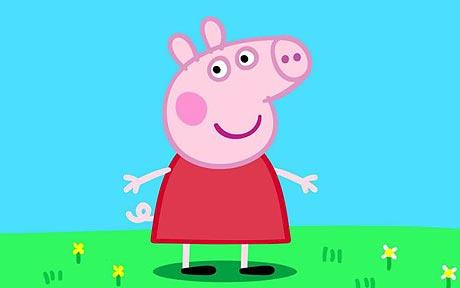Oxford University Press bans mention of pork and pigs in books to 'avoid offending Muslims or Jews'

One of the biggest education publishers in the world has warned its authors not to mention pigs or sausages in their books to avoid causing offence.
Oxford University Press (OUP) said all books must take into consideration other cultures if they hope to sell copies in countries across the world.
As a result, the academic publisher has issued guidance advising writers to avoid mentioning pigs or "anything else which could be perceived as pork" so as not to offend Muslim or Jewish people.
The move was revealed during a discussion on free speech during BBC Radio 4's Today programme in the wake of the attack on French satirical magazine Charlie Hedbo and its decision to use an image of the Prophet Mohammed on the cover of its latest issue.
Presenter Jim Naughtie said: "I've got a letter here that was sent out by OUP to an author doing something for young people.
"Among the things prohibited in the text that was commissioned by OUP was the following: Pigs plus sausages, or anything else which could be perceived as pork.
"Now, if a respectable publisher, tied to an academic institution, is saying you've got to write a book in which you cannot mention pigs because some people might be offended, it's just ludicrous. It is just a joke."
The guidance issue was also condemned as "ludicrous" by Muslim Labour MP Khalid Mahmood.
He added: "That's absolute, utter nonsense and when people go too far that actually brings the whole discussion into disrepute."
An OUP spokesperson said: "Our materials are sold in nearly 200 countries, and as such, and without compromising our commitment in any way, we encourage some authors of educational materials respectfully to consider cultural differences and sensitivities.
"Guidelines for our educational materials differ between geographies and do not cover our academic publishing."
A spokesperson for the Jewish Leadership Council added: "Jewish law prohibits eating pork, not the mention of the word, or the animal from which it derives."
© Copyright IBTimes 2025. All rights reserved.




















